Biden woos Modi to forge a new special relationship
Joe Biden predicts US and India will have an era-defining partnership, as Narendra Modi was feted at White House, despite western criticism.
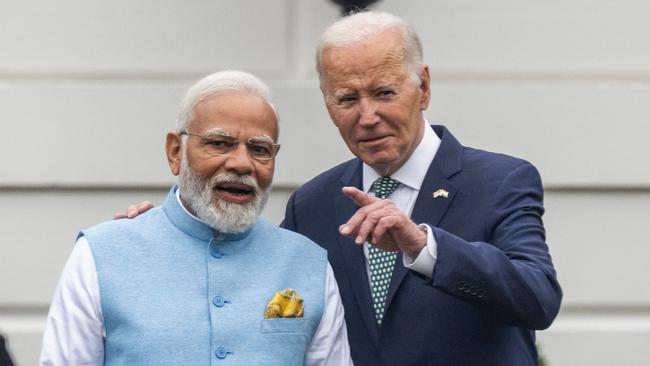
President Biden predicted yesterday (Thursday) that the US and India would have one of the defining relationships of the 21st century, as Narendra Modi was feted at the White House despite western frustrations over New Delhi’s tepid response to a number of global issues.
Biden, 80, hosted the Indian prime minister, 72, and about 7,000 guests on the second day of Modi’s visit to the US. There are roughly four million Indian people or those of Indian descent living in America and there were chants of “Modi, Modi” as he arrived at the White House.
“Two proud nations whose love of freedom secured our independence, bound by the same words in our constitutions . . . ‘we the people’,” Biden said. “[We have] enduring ties and shared values between our people and the shared responsibility as global leaders to tackle the great issues of our time together.”
Modi said the world order was taking a new shape and that their two countries’ “friendship . . . will be instrumental in enhancing the strength of the whole world. Our two countries are coming to work together for the global good.”
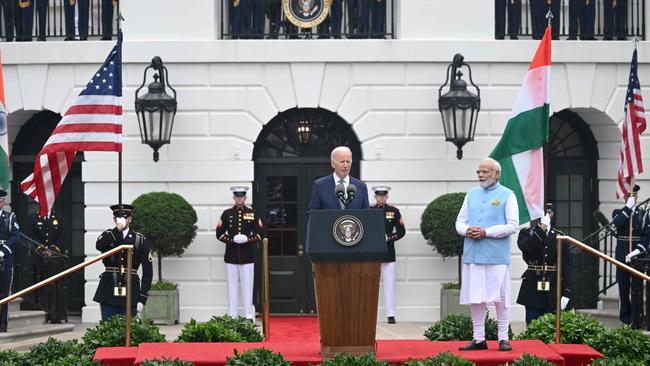
The two appeared to hold hands as they walked off the platform and entered the White House to begin their formal talks.
The Indian leader has been given the full red carpet treatment in Washington. As well as a state dinner and address to a joint session of congress, he was also invited to an intimate supper with the president and the first lady, Jill Biden, at the White House.
Welcome to the White House, Mr. Prime Minister. pic.twitter.com/s21bVNqcGp
— President Biden (@POTUS) June 22, 2023
Even the press conference, held after talks between the two leaders, was reduced to questions from just two journalists. Both Biden and Modi are known for their dislike of taking questions from the media.
Only the South Korean president, Yoon Suk Yeol, has been afforded both the honour of a state dinner and an address to congress since Biden came to office in January 2021.
As recently as 2005 Modi, who is head of the Hindu nationalist BJP party, was banned from visiting the US having been accused, when chief minister of the state of Gujarat, of inciting violence that led to the deaths of more than a thousand people, many of them Muslims.
Yet for all the bonhomie yesterday (Thursday), there is frustration in Washington and elsewhere that the world’s most populous country has sat on the sidelines of recent global matters. Some in the US congress have questioned Biden’s enthusiastic welcome for Modi as eroding political, religious and press freedoms have been hallmarks of his nine years as India’s prime minister.
Today’s talks with @POTUS@JoeBiden were extensive and productive. India will keep working with USA across sectors to make our planet better. pic.twitter.com/Yi2GEST1YX
— Narendra Modi (@narendramodi) June 22, 2023
India has abstained in UN votes to censure Russia over its invasion of Ukraine and has ignored sanctions on Moscow, buying up oil and helping keep its economy afloat. Reports yesterday (Thursday) suggested that in a little over 12 months India has gone from buying virtually no Russian oil to purchasing almost half that is shipped out by sea.
“The two leaders are likely to agree to disagree on Russia,” said professor Devesh Kapur, of Johns Hopkins University. “India’s had a very strong relationship with Russia from the mid-Sixties . . . India is very, very worried about Russia becoming so isolated it will become completely in the embrace of China so it wants to make sure that there is at least some door ajar.”
One agreement yesterday (Thursday) was a deal for India to buy US-made drones and for the two countries to jointly produce fighter jet engines, the Wall Street Journal reported.
Washington hopes that closer military ties will help end India’s reliance on Russian military supplies.
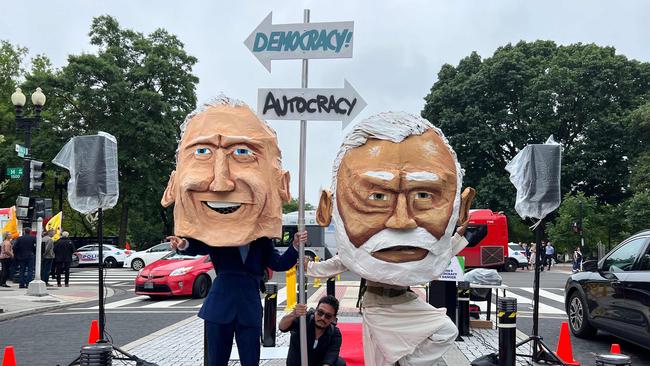
Tensions with China make the US and India natural allies in Asia, but again, the US has been frustrated by New Delhi’s reluctance to speak out on security and economic issues, particularly over Taiwan.
“The US is betting that if today the economic gap between China and India is roughly a factor of five, and that gap within 20 years can be brought to within a factor of two, that alone without any formal agreements will be a check on China,” said Kapur.
The growing importance that Indians increasingly play in American society has contributed to the favour shown to Modi. Some estimates put the number of Indians or members of the diaspora at about 1 per cent of the US population, but as a group they pay roughly 6 per cent of taxes.
Heartened to see the enthusiastic turnout from the Indian community at the White House. Their support and warmth truly embody the deep ties that bind our two nations together. It's a testament to our shared values and mutual respect. pic.twitter.com/leYtlkZB9t
— Narendra Modi (@narendramodi) June 22, 2023
Kamala Harris, the vice-president, has Indian heritage, and two of the candidates trying for the Republican nomination for next year’s presidential election, Nikki Haley and Vivek Ramaswamy, are second generation Indians.
Economically, Indian Americans are at the forefront of some of the US’s most important companies. In the 1980s, “you were people with a funny accent and a hard-to-pronounce name and you had to pass a higher bar”, Vinod Khosla, co-founder of Sun Microsystems, a tech firm, recently told The Economist. Today, globally recognised technology groups, including Adobe, Alphabet, IBM and Microsoft, are all led by people of Indian descent.
In 2022, almost three quarters of all H-1B visas, those issued by the US for skilled workers in “speciality occupations”, went to Indians while professionals in healthcare are increasingly eschewing the NHS and moving to the US where considerably higher salaries are available to them. “The person leaving India is not the average Indian,” said Kapur. “They are much more educated relative to the average.”
The Times

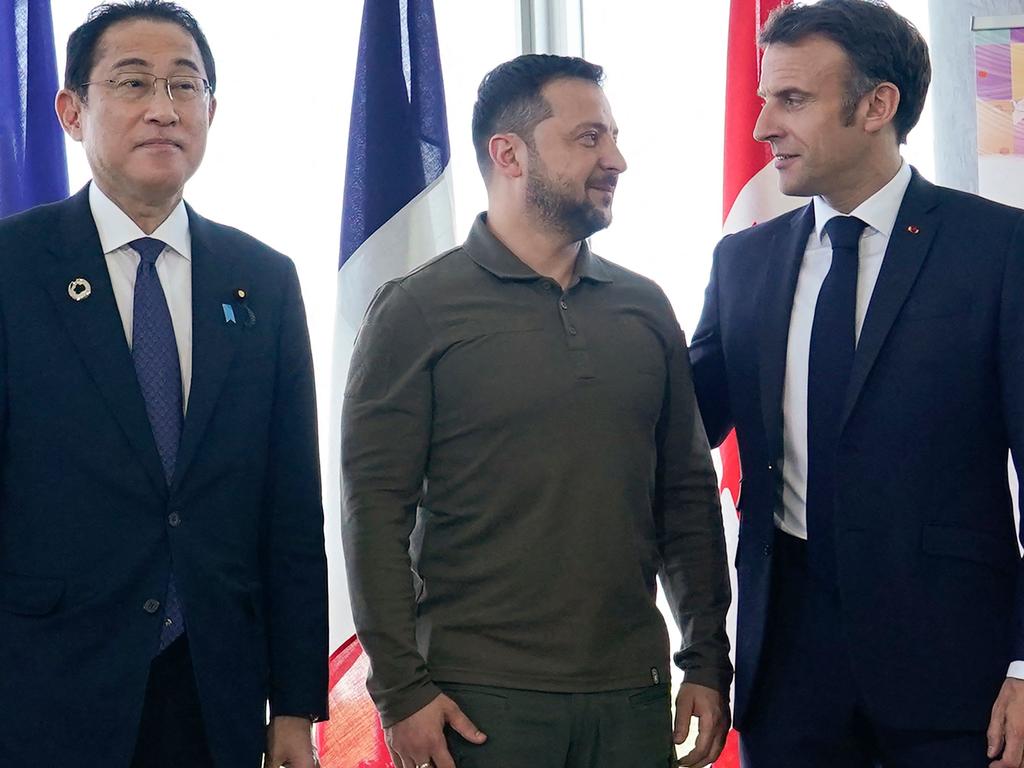


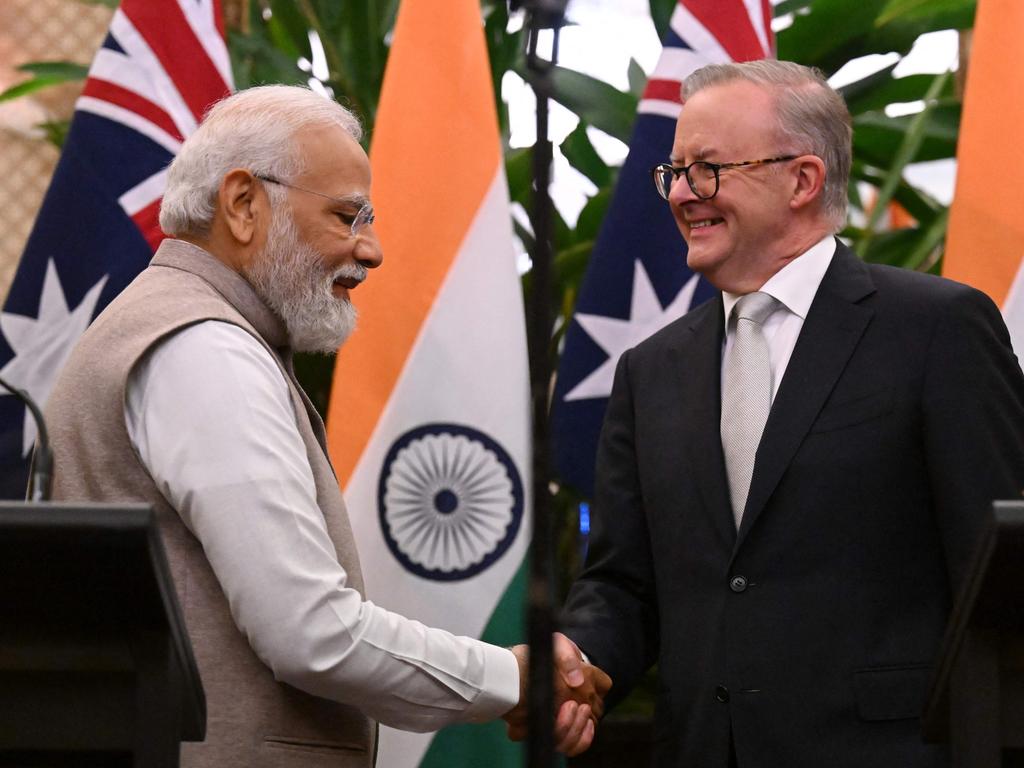

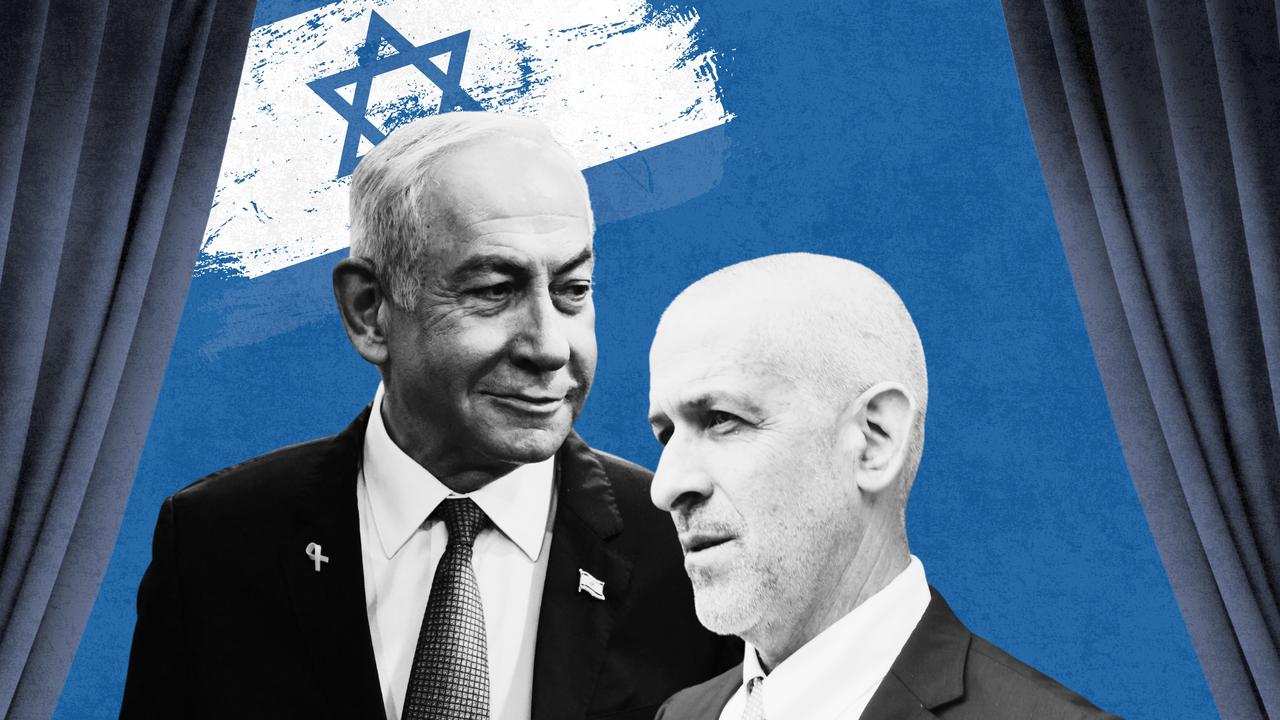
To join the conversation, please log in. Don't have an account? Register
Join the conversation, you are commenting as Logout